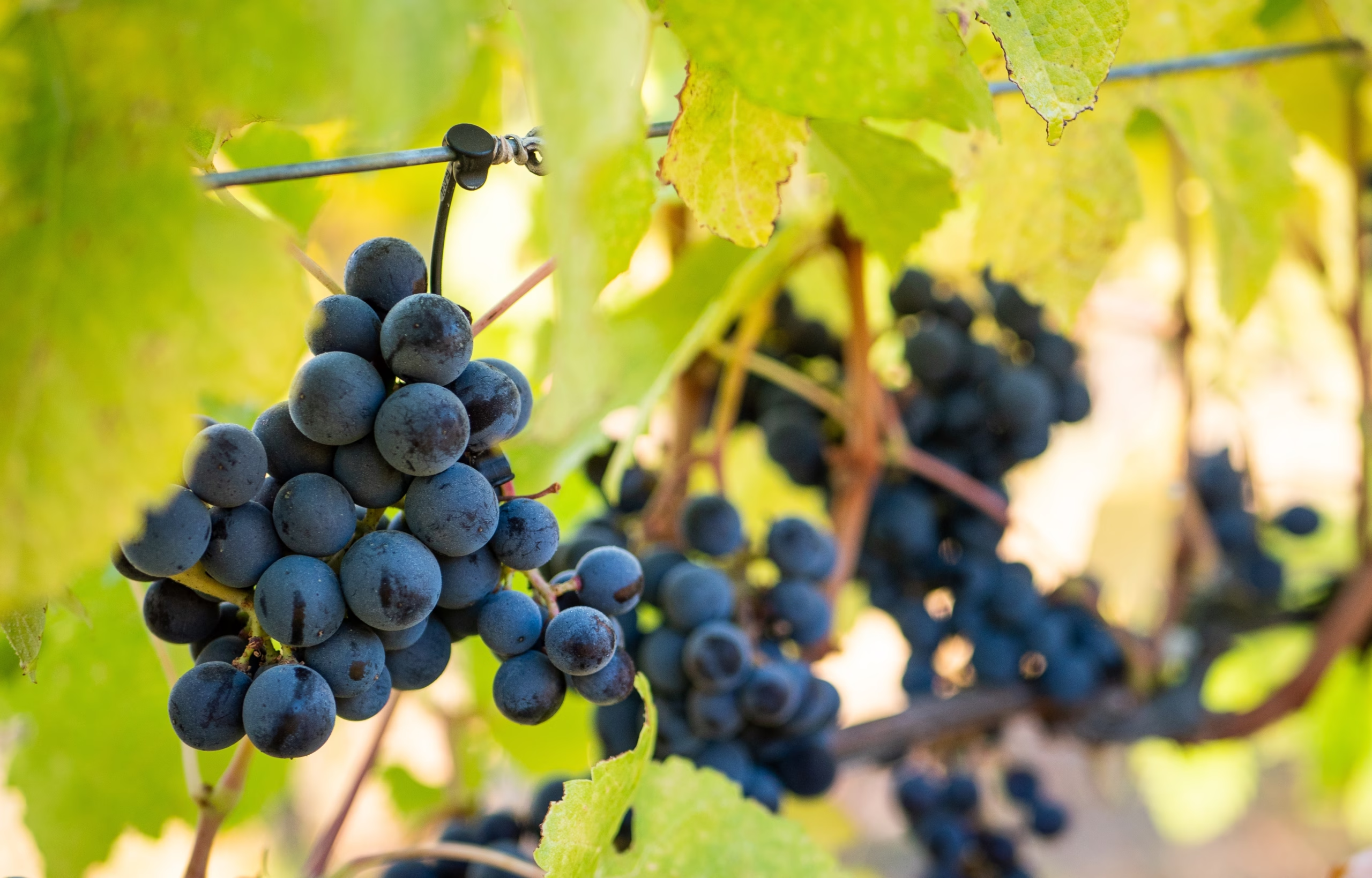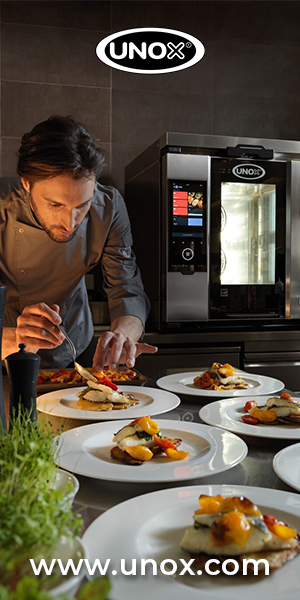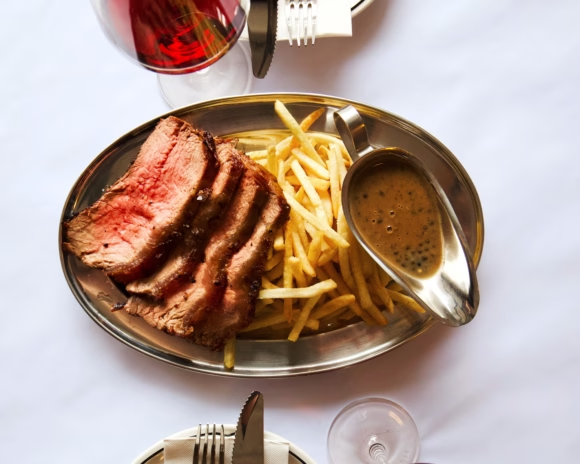The latest 2025 New Zealand Wine Sustainability Report reveals an industry that has achieved unprecedented levels of environmental certification, potentially setting new benchmarks for wine regions globally.
For restaurant operators selecting wines for their programs, the findings present both opportunities and considerations as consumer interest in sustainable dining continues to grow.
Record-breaking certification levels
According to the report, more than 96% of New Zealand’s vineyard area now operates under the Sustainable Winegrowing New Zealand (SWNZ) certification program—a level of national industry uptake that remains unmatched globally. The program employs rigorous science-based targets with independent auditing and alignment with UN Sustainable Development Goals.
This widespread adoption contrasts sharply with other wine regions where sustainability certifications typically cover much smaller percentages of total production. For restaurants, this means nearly any New Zealand wine selected will come with verifiable sustainability credentials.
Carbon management shows measurable progress
The report details significant progress in emissions management across the industry. Some 87% of certified members completed comprehensive carbon footprint assessments in the past year, up from 81% the year before. The sector is measuring Scope 1–3 emissions and promoting regenerative viticulture as part of its pathway toward carbon neutrality.
New Zealand Winegrowers, the industry’s national body, has outlined what it describes as a “robust emissions management strategy” that offers a benchmark few international wine regions currently match. This systematic approach to climate action may appeal to restaurants facing increased scrutiny over their own environmental impact.
Water and soil management advances
The report highlights practical sustainability measures being implemented across vineyards. More than 80% of New Zealand vineyards now use soil moisture monitoring tools to prevent over-irrigation, while there has been widespread adoption of cover crops and integrated pest management systems.
These regenerative agriculture practices are designed to build what the report calls “resilient, living vineyard systems” focused on soil restoration, biodiversity, and water resilience. For restaurant buyers, this emphasis on regenerative practices may translate to more consistent supply chains in an era of climate volatility.
Social sustainability focus
Beyond environmental measures, the report outlines the industry’s attention to workforce development. Programs mentioned include the Diversity, Equity & Inclusion framework and Grow Talent initiative, which are being implemented from vineyard operations to executive levels.
The industry’s focus extends to workplace safety, mental health support, and creating inclusive working environments. For restaurants that prioritise ethical sourcing, these social sustainability measures add another dimension to wine selection criteria.
Implications for Restaurant Wine Programs
The report’s findings may influence how restaurants approach wine selection and marketing. With sustainability becoming a key consumer consideration, the near-universal certification of New Zealand wines could provide restaurants with menu storytelling opportunities and help justify premium pricing.
However, the challenge for operators will be communicating these credentials effectively without appearing overly promotional. Staff training on sustainability practices could become more critical as diners increasingly ask about the provenance of their beverages.
The widespread adoption of sustainability practices across New Zealand’s wine industry also raises questions about whether other wine regions will face pressure to adopt similar comprehensive approaches to environmental and social responsibility.
Market positioning questions
While the report positions New Zealand wine as potentially “world-leading in sustainability,” it remains to be seen how this translates to actual consumer purchasing behaviour and restaurant sales. The challenge for the industry will be converting sustainability achievements into market differentiation that resonates with both restaurant buyers and end consumers.
For restaurant operators, the report suggests that New Zealand wines may offer a way to align wine programs with broader sustainability goals. However, the ultimate success will depend on effective communication of these credentials to guests and staff alike.
The 2025 report indicates that New Zealand’s wine industry has made substantial commitments to environmental and social sustainability. Whether this comprehensive approach becomes a model for other wine regions—or provides lasting competitive advantage—will likely become clearer as the global wine industry continues to grapple with climate change and consumer expectations around responsible production.







